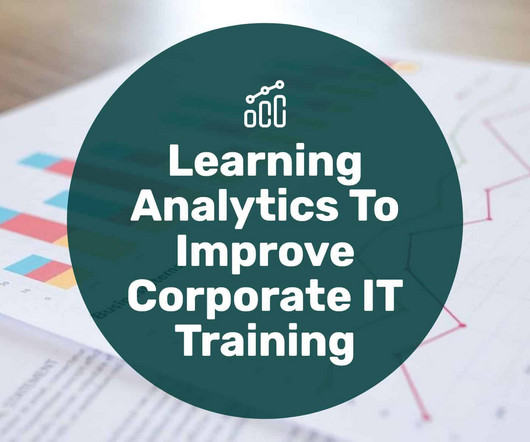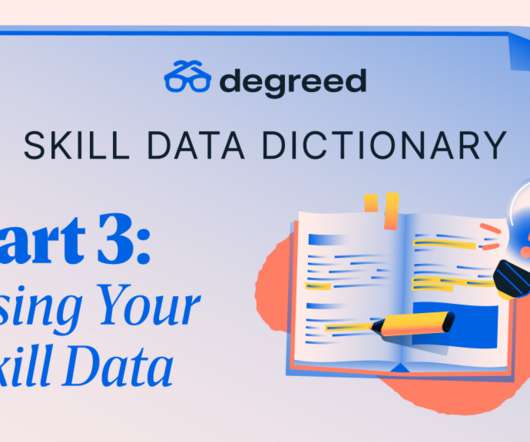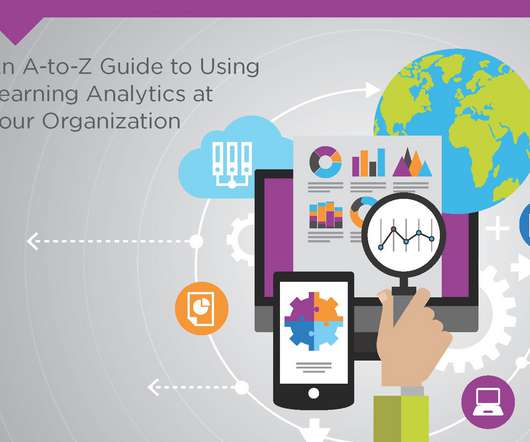Improve The Effectiveness Of Corporate IT Training with Learning Analytics
IT Training Department Blog
OCTOBER 12, 2023
Learning analytics can give a more holistic view of how to improve corporate IT training. With learning analytics, organizations can put data to work to uncover trends, patterns, and correlations that would have otherwise gone unnoticed. Continuously evaluate and refine: Learning analytics is an iterative process.


























Let's personalize your content